Common Ground
A People’s History of the Pandemic in NYC
to
1 p.m. Eastern / 10 a.m. Pacific
This event is produced by The Brooklyn Rail. Learn how you can donate ✨🌈
Meral Agish and Lori Wallach from the Queens Memory Project and Denise Milstein and Ryan Hagen from the NYC COVID-19 Oral History Archive reflect on the past year. We’ll conclude with a reading by poet Connie Mae Oliver.
In this talk
Meral Agish
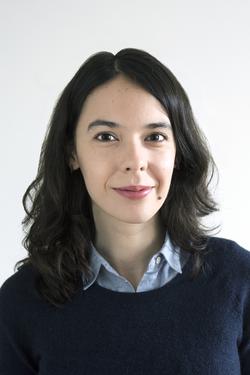
Community coordinator of the Queens Memory Project, the community archive and oral history collection of the Queens Public Library and Queens College CUNY, where she oversees outreach and community partnerships, conducts interviews and leads workshops in oral history. Prior to joining the world of archives and libraries, she worked as a reporter and producer at Retro Report, a news documentary non-profit, and received two News & Documentary Emmy nominations for her work. Born and raised in Queens, NY in a family of immigrants who moved from Russia to China to Turkey to the U.S. in the span of five decades, she is now raising her own family in central Queens.
Lori A. Wallach
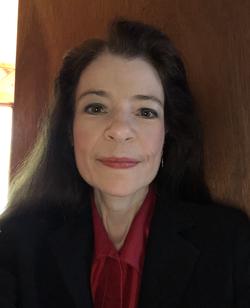
The Queens Memory Outreach Coordinator at Queens College. Based in the Special Collections and Archives department of the college’s Rosenthal Library, she works with faculty, staff, students and other members of the college community who wish to collaborate with or contribute to the Queens Memory collection. Current and recent initiatives other than the COVID-19 Project include a Retired Faculty and Staff Oral History Project and an ongoing partnership with graduate Public History classes focused on the Olde Towne of Flushing Burial Ground. Aside from her interests in local history and genealogy, Lori enjoys singing and playing the clarinet in various community music groups.
Denise Milstein
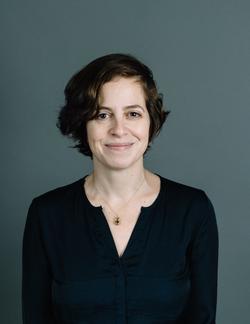
New York based Uruguayan writer and researcher whose work develops a relational, historically-grounded perspective at the intersection of art and politics, and culture and the environment. Current projects examine urban dwellers’ access to nature in New York City public spaces; the interactions of artists and archivists with near-obsolete technologies in marginal spaces of cultural production and reproduction; and New Yorkers’ experiences with the pandemic, through the NYC COVID-19 Oral History, Narrative, and Memory Archive, which she co-directs. She directs the stand-alone MA Program in Sociology at Columbia University and edits Dispatches from the Field, a series dedicated to publishing collections of ethnographic data.
Ryan Hagen
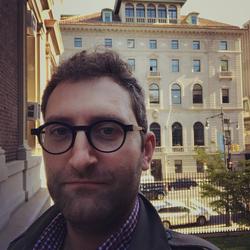
Postdoctoral research scholar in the department of Sociology at Columbia University and co-director of the NYC COVID-19 Oral History, Narrative, and Memory Archive. He is currently writing a book based on an ethnography of disaster managers in New York City. His research interests sit at the intersection of organizations, cities, the environment, and the sociology of science, knowledge and technology. His writing has appeared in Social Forces, Sociological Forum, Sociological Science, The Washington Post, and the Brooklyn Rail.
Malvika Jolly
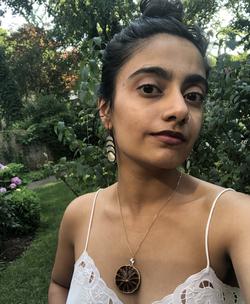
Artist, writer, and translator Malvika Jolly (she/her) lives on occupied Munsee, Lenape, and Wappinger land in New York City. Her essays, interviews, and criticism have appeared or are forthcoming in Chicago magazine, The Margins, and the South Side Weekly, where she is a regular contributor focusing on visual culture and community history. She is the Special Projects Associate at the Brooklyn Rail.
The Rail has a tradition of ending our conversations with a poetry reading, and we’re fortunate to have Connie Mae Concepción Oliver reading.
Connie Mae Concepción Oliver

Poet and artist Connie Mae Concepción Oliver lives in the San Francisco Bay Area. Her first book of poems, Cosmos A Personal Voyage by Carl Sagan Ann Druyan Steven Soter And Me (Operating System, 2017) is about nuclear disarmament. Her second book, Science Fiction Fiction (Spuyten Duyvil, 2020) is an homage to Miami-Dade County and color photography in the early aughts.
❤️ 🌈 We'd like to thank the The Terra Foundation for American Art for making these daily conversations possible, and for their support of our growing archive.